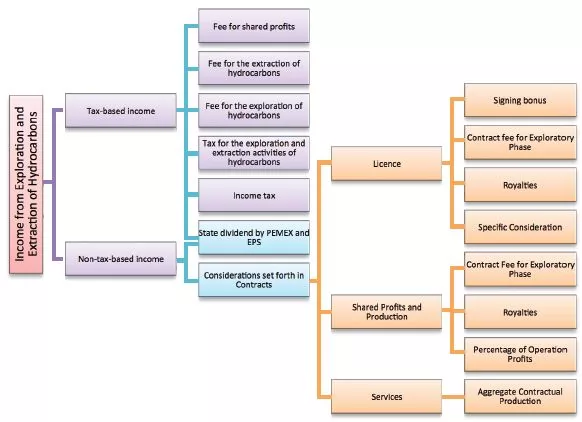Rajesh Sharma highlights the options for professional firms looking to expand into Europe.
A considerable number of professional firms are considering expanding operations outside the UK to reach out to their global clients in Europe. Many European organisations, meanwhile, demand a global presence from their professional services providers.
Branch v subsidiary
The options available for a permanent presence are the establishment of a local branch of the UK entity or a new entity, such as a local subsidiary or a partnership structure. To determine the appropriate entity, it's important to consider the local rules for the establishment, registration and taxation of the profits derived by the entity.
Local knowledge
Many European jurisdictions have a highly regulated procedure for the registration and approval of professional services firms looking to establish a local presence. Generally, a locally qualified professional is required to assume responsibility for the entity. It is recommended that assistance is sought from local advisers so that the registration process is completed efficiently.
Compulsory audit?
Local accounting and auditing requirements depend on the entity selected. A compulsory audit may not be necessary unless a local subsidiary is established, is material, and the size of the group is considered to be in excess of the thresholds for small and medium-sized enterprises.
Treatment of profits
Profits are subject to tax depending on the nature of the entity. In the case of a local subsidiary, the adjusted taxable profits are taxed at the corporate income tax rate. The repatriation of profits to a UK holding company should benefit from the EU Parent Subsidiary Directive, so withholding taxes shouldn't be applicable.
However, if the overseas subsidiary is held by a UK partnership or an LLP, the repatriation of profits is subject to withholding taxes, typically 15%, although a credit should be available against the UK taxes payable on the profits. While the withholding of taxes is a cashflow issue, it could lead to irrecoverable tax, particularly in countries where tax rates are higher than those in the UK.
Use of a UK holding company
A number of professional firms choose to set up a UK holding company as an intermediary company for the overseas entities, in order to secure exemption from withholding taxes in the overseas territory. There is also a dividend exemption available to those subject to corporation tax in the UK for dividends paid from overseas profits – such a structure could be particularly tax efficient.
Other taxes
In addition to direct taxes, the local entity will be subject to payroll and indirect taxes. Local advice to ensure proper registration and filing of the relevant returns on a timely basis is recommended.
We have taken great care to ensure the accuracy of this newsletter. However, the newsletter is written in general terms and you are strongly recommended to seek specific advice before taking any action based on the information it contains. No responsibility can be taken for any loss arising from action taken or refrained from on the basis of this publication. © Smith & Williamson Holdings Limited 2014. code 14/518 expiry 30/11/2014

